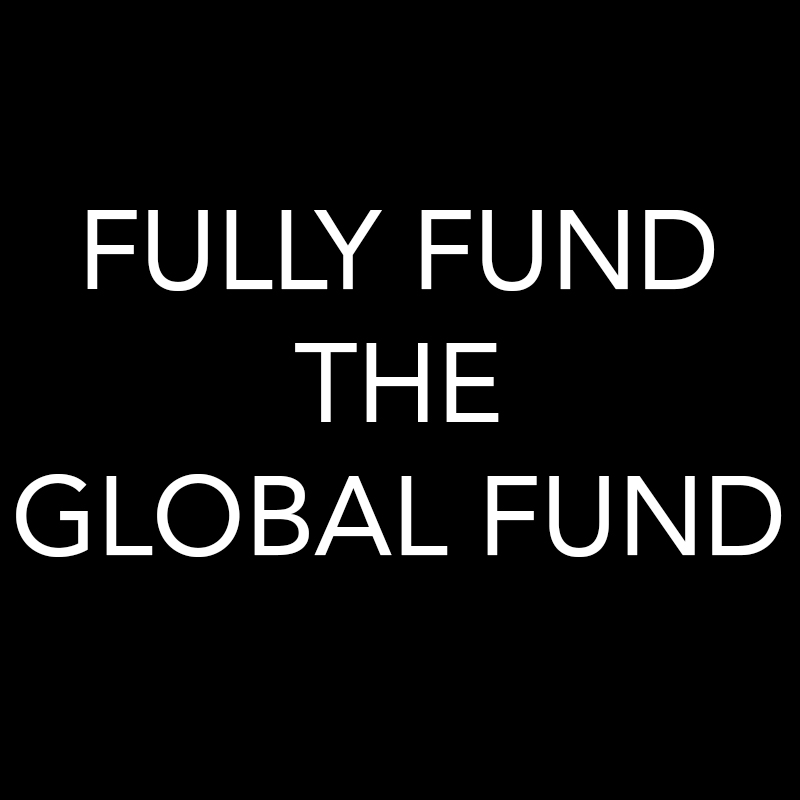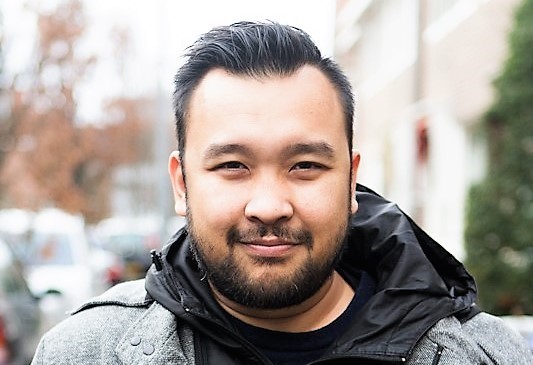Dear Partners and Allies,
 The Board and Secretariat of the Global Network of People Living with HIV (GNP+) warmly welcomes Rico Gustav as our incoming Executive Director. Mr. Gustav is a well-respected human rights and health activist that has been working at the intersection of HIV, drug use and key populations since his own diagnosis at 17 years old in Indonesia. As a long term organizational ally, Mr. Gustav previously held the roles of Interim Director and Community Development Manager at GNP+. More recently, he served as the Senior Policy Adviser for Sustainability at International Civil Society Support (ICSS) and as a Board Member for the Communities Delegation to the Global Fund.
The Board and Secretariat of the Global Network of People Living with HIV (GNP+) warmly welcomes Rico Gustav as our incoming Executive Director. Mr. Gustav is a well-respected human rights and health activist that has been working at the intersection of HIV, drug use and key populations since his own diagnosis at 17 years old in Indonesia. As a long term organizational ally, Mr. Gustav previously held the roles of Interim Director and Community Development Manager at GNP+. More recently, he served as the Senior Policy Adviser for Sustainability at International Civil Society Support (ICSS) and as a Board Member for the Communities Delegation to the Global Fund.
Mr. Gustav will be taking the helm of GNP+ through a turbulent yet transformational time in the global AIDS, health and development sectors with multifaceted political and financial challenges affecting the strength and sustainability of networks of people living with HIV and key populations around the world. Support for civil society, particularly for advocacy and for networks led by and for people living with HIV, is waning. Donor transition from middle-income countries, continuing human rights barriers for the most marginalised, and the lack of political willingness to scale up national responses has left far too many people living with HIV exposed to multiple risks and has jeopardized the hard fought gains made over the last decade.
To meet the ever-growing needs and challenges of the HIV response, GNP+ is fully committed to supporting the meaningful engagement of people living with HIV in all their diversity. This includes, advocating for sensitive and inclusive models of universal health coverage, ensuring the achievement of the sustainable development goals, and effective, innovative and comprehensive approaches towards addressing the unique issues that disproportionately impact the health, safety and wellbeing of key populations and people living with HIV.
It is important to note that our collective work on addressing HIV is not done. HIV continues to influence the lives of many people globally, and it is imperative that the broader health response prioritize those who have been left behind. It is essential for the sustainability of positive movements to embrace comprehensive approaches, including by intensifying our work around human rights, stigma reduction and access to HIV services in tandem with strengthening engagement in broader movements for health, social and economic justice.
“The long term sustainability and continuity of the critical work of our movement and community members depends, now more than ever, on our ability to support empowered, resilient, and active networks of people living with HIV and other key populations on the ground, where critical change needs to happen,” says Board Chair, Javier Hourcade Bellocq. “Moving forward, GNP+ is well positioned to work hand-in-hand within the family of global, regional, and national movements led by and for the people most affected by the HIV epidemic: including people living with HIV in all their diversity (women, men, young people, gay and other men who have sex with men, transgender people, sex workers, and people who use drugs) to build the necessary bridges between civil society and key bilateral and multilateral stakeholders to ensure that the voices of people living with HIV are heard, our needs and priorities are met, and our contributions in shaping better overall health and social support systems are recognized.”
Mr. Gustav will begin his term in early February and will be based at the GNP+ Secretariat headquarters in Amsterdam. He can be reached at rgustav@gnpplus.net. We thank you for your ongoing support and look forward to collaborating with you in the near future.
In Solidarity,

Javier Hourcade Bellocq, Board Chair, GNP+







 The Board and Secretariat of the
The Board and Secretariat of the 